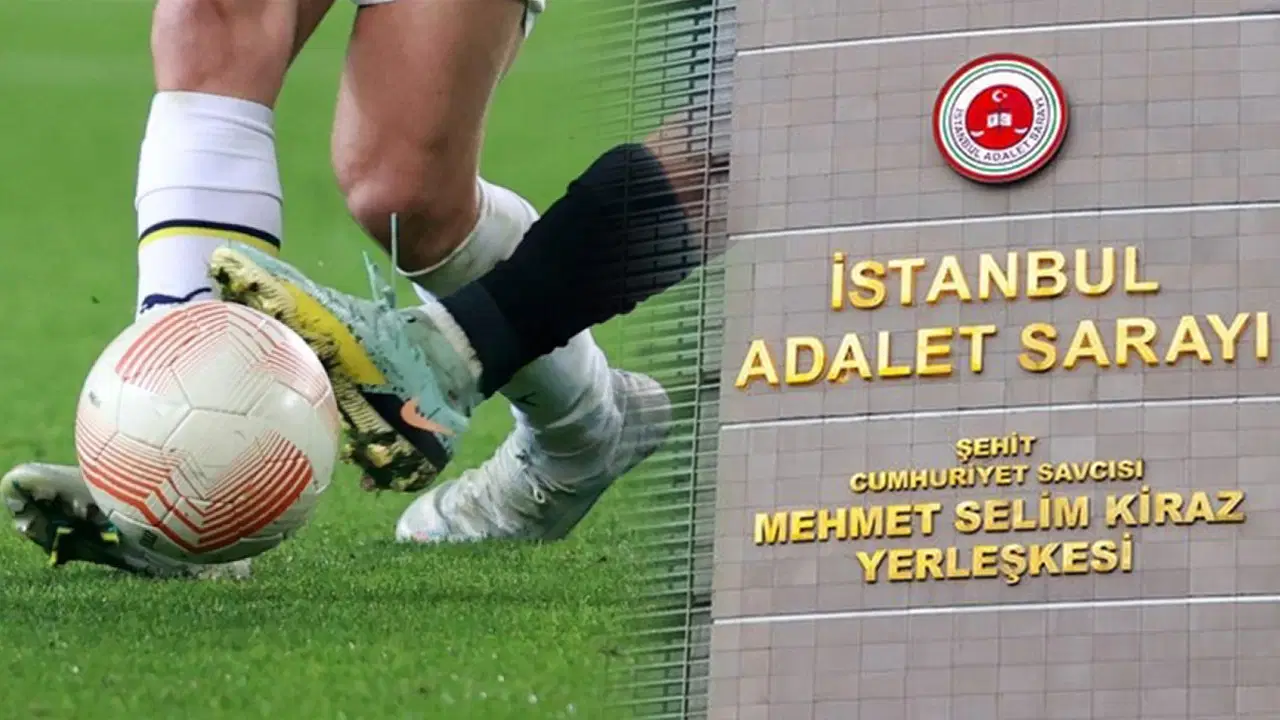 The “electoral alliance law” does not, as some imagine, legalise electoral fraud. But, by making electoral integrity hard to achieve, it makes it easier for those who control state power to engage in electoral fraud.
The “electoral alliance law” does not, as some imagine, legalise electoral fraud. But, by making electoral integrity hard to achieve, it makes it easier for those who control state power to engage in electoral fraud.
It is also the duty of the opposition and citizen to make engaging in fraud hard for those who have made easy to commit fraud. Shirking this duty amounts to accepting defeat in advance. Consequently, calling for a boycott signifies nothing other than democratic defeatism.
Let us take a look at what the law brings and whether, as they say, it legalises electoral fraud:
The removal of the requirement for electoral envelopes to be stamped by polling committees eases the burden of those who wish to replace votes with fraudulent ones.
Enabling voters in the same building to be dispersed among different ballot box areas makes it possible to eliminate scrutiny by citizens and the opposition over the organising of multiple voting.
The appointing of polling committee chairs from among public functionaries provides the political force that controls the state with an advantage when it comes to decisions and implementations, because public functionaries are to all extents and purposes the state’s servants and in a country in which the law has been suspended this situation makes public functionaries subject to the will of the force dominating the state and ripe for taking advantage of.
In the past, authority to summon law enforcement forces where necessary into the vicinity of ballot boxes was vested in polling committee chairs and, in their absence, polling committee members; now the right has been granted to voters to summon law enforcement forces on a “tip-off”. As this will be a measure that opens the door to abuse, it threatens electoral integrity.
Dispensing with voting booth standards is also liable to abuse. This could well pave the way for a violation of the principle of a secret ballot in certain remote areas.
None of these measures legalise impropriety and fraud that the rulership can conduct in elections. Electoral fraud is still illegal and illegitimate.
Civil society, citizens and opposition parties can embark on a willing and organised effort and take deterrent measures against electoral fraud. The “electoral alliance law” does not entirely deprive the opposition of these means. Beefing up ballot monitoring and deterrence of fraud is dependent on developing creative solutions and implementing them more resolutely. The whole business boils down to persistently tracking the fate of the wet-signed, stamped polling station result logs that are compiled after the votes have been counted.
No good will come from despondency and submissiveness spreading. On the contrary, this alliance law is the main indication of how much the rulership fears losing the game it has itself set up. Were the opposite the case, would it feel itself to be in need of an electoral alliance?
Tomorrow is another day, but it is good that there is no big party that will decide on a boycott under today’s conditions. If there were, the bulk of its votes would be distributed among the other parties and it would end up with this party unable to get into parliament.
I imagine that those who argue for a boycott of the elections on the presumption that votes will surely be stolen, legal arrangements have even been made to this end and thus the rulership will not be ousted through the ballot box conjecture that if they succeed this will lead to the emergence of a crisis of legitimacy. Talking of a crisis of legitimacy, would it not be a more intelligent method for the discovery and exposure of fraud whose commission at the ballot box and afterwards defied prevention to trigger such a crisis?
There is also meanwhile the chance of pulling off success at the ballot box.
Why not?
The “alliance law” does not only enable the AKP to ally with the MHP and the like. It is not a specific law and is available to all parties.
For example, on the right wing:
There is known to be an element within the AKP’s electoral base that, while it is conservative, has developed a loathing for bad government.
These voters would not vote for the Felicity Party because it was unable to cross the ten per cent electoral threshold and, because they were unable to find another party to turn to, went back to voting for the AKP.
So, what will happen if the Felicity Party and Good Party form an alliance? Both will cross the threshold together. The Felicity Party will draw its vote in full from the AKP. Hence, the AKP will perhaps lose more to Felicity than it gains from the alliance with the MHP. The same formula will hold sway in the presidential election depending on the candidate both parties agree on.
The AKP will thus itself fall into the trap that it has set for others.
This is just an example.
So, keep your chin up all the same.
The day is the day for standing up for democracy and an electoral boycott is not the way to do this.
http://www.cumhuriyet.com.tr/koseyazisi/943409/Secimi_boykot__havlu_atmaktir.html















